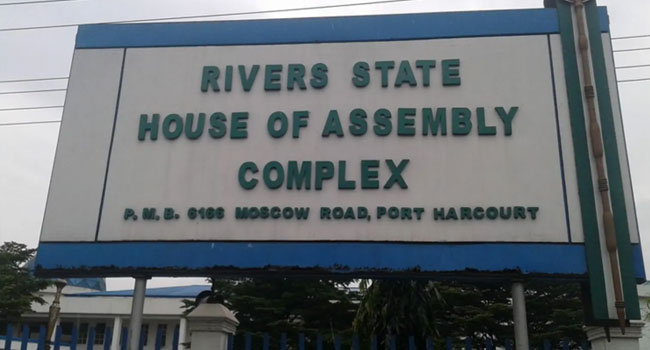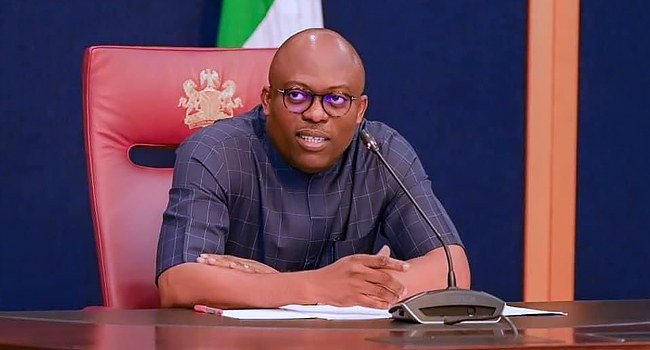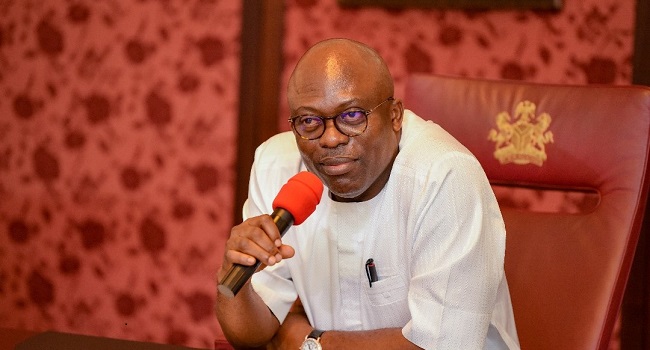A High Court in Rivers State has nullified section three of the Rivers State House of Assembly Service Commission Law recently amended by the Martins Amaewhule-led Assembly.
The amendment, which was recently enacted after the Assembly vetoed Governor Siminalayi Fubara, transferred the power to appoint the chairman and members of the commission from the governor to the Speaker of the House.
Concerned about the significant change, the Association of Legal Legislative Drafting and Advocacy Practitioners, a Non-Governmental Organisation (NGO), initiated a legal action to seek the court’s interpretation of the amendment in line with the Nigerian Constitution.
The NGO requested the court to determine whether section three of the amended House of Assembly Service Commission Law No. 3 of 2024 was consistent with the Constitution.
Delivering the judgment, Justice Kariba Dagogo-Jack ruled that the amendment violated sections 5, 176, 197, and 198 of the Nigerian Constitution.
The judge clarified that the Nigerian Constitution grants the exclusive right to appoint members of boards, commissions, and institutions, including the States Assembly Service Commission, to the executive governors of the states, but these appointments must be confirmed by the States Houses of Assembly.
She asserted that the court cannot permit such an amendment to stand.
She described the actions of the Martin Amaewhule-led House of Assembly as an attempt by legislators to usurp the responsibilities of the executive in clear violations to the principle of separation of powers.
Consequently, she issued an order striking down section three of the law and imposed a perpetual injunction preventing the enforcement of that section.
After the judgment, counsel for the NGO, Boma Owunabo, described the ruling as a victory for the rule of law and good governance.




